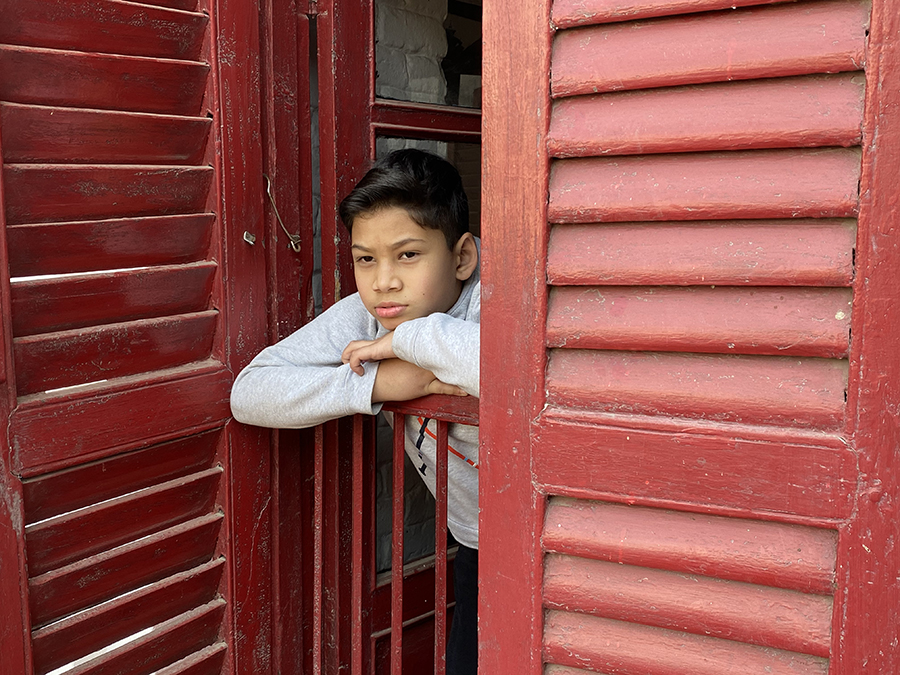Why your child keeps Secrets
With reference to a conversation with Madhavi Sharma, Mental Health counselor

Parenting today, can be more challenging than it gets credit for. In a world of responsibilities and chores, the gap between a parent and a child has been getting bigger with time, leading to children growing to be more distant and learning to keep more things to just to themselves. A child could be keeping secrets from their parents for many reasons, from not being able to trust the parent figure with their secrets, to developing the fear of being judged or rejected by revealing something about themself which doesn’t meet the standards of some perfectionist parents.
Sometimes, children are even manipulated or forced to keep a secret by adults for their own benefit so that they do not reveal anything heinous they may have witnessed them perform. For older children or adolescents, an appeal of personal freedom and individualism might also be attributed to them lying to their parents.
This quality can make a difference in how children behave when they grow up. While being a private person and choosing a more quiet way of life is definitely harmless, keeping major painful secrets buried within will only promote feelings of guilt or shame associated with the secret and will certainly take a toll on one’s mental health. Isolating ones thoughts to themselves also leads to show similar behavioral patterns in the future. Although, that doesn’t always necessarily lead to dreadful consequences, it could also simply mean that the person will have a more shy and reserved personality. However, any trauma associated with the secret is an exception and its intensity may come along with the growth of that harm caused by keeping something traumatic to them.
It is essential, as a parent, to take this trait, the nature of keeping sensitive secrets, seriously, and finding ways to avoid the scenarios where their children may want to keep their thoughts isolated. Demonstrating a friendly rather than a domineering facade might help. Understanding and implementing the right parenting style will definitely create a big difference. Previous memories of a parent’s panicky response may have led the child to avoid sharing things with the parent altogether, and keeping a calm demeanor rather than an extreme one will certainly encourage children to open up more. With that, parents should set realistic standards for their children and let them know that it’s okay to make mistakes.
It is certainly difficult to adjust and keep up with modern trends, attitudes, and expectations. However, maintaining a positive and open relationship with one’s children, despite the generation gap is important. As a parent, one should embrace their children’s uniqueness and create an environment of growth rather than expecting their children to act exactly like them. An environment that promotes acceptance and love will nurture healthier communication between parents and children.
Taking some time out every day for the entire family to come together and share their grievances and joys rather than getting completely carried away in responsibilities, chores, and children’s academics should be practiced. Also, children who are not very vocal could be encouraged to share their thoughts and ideas through any artistic expressions through words or colors. Also, when children are stuck with secrets that they’re uncomfortable in sharing with a parental figure, they can also be encouraged to share their secrets with another trusted adult that both children and parents can trust, like a teacher, counselor or an elder sibling or any other family member.


